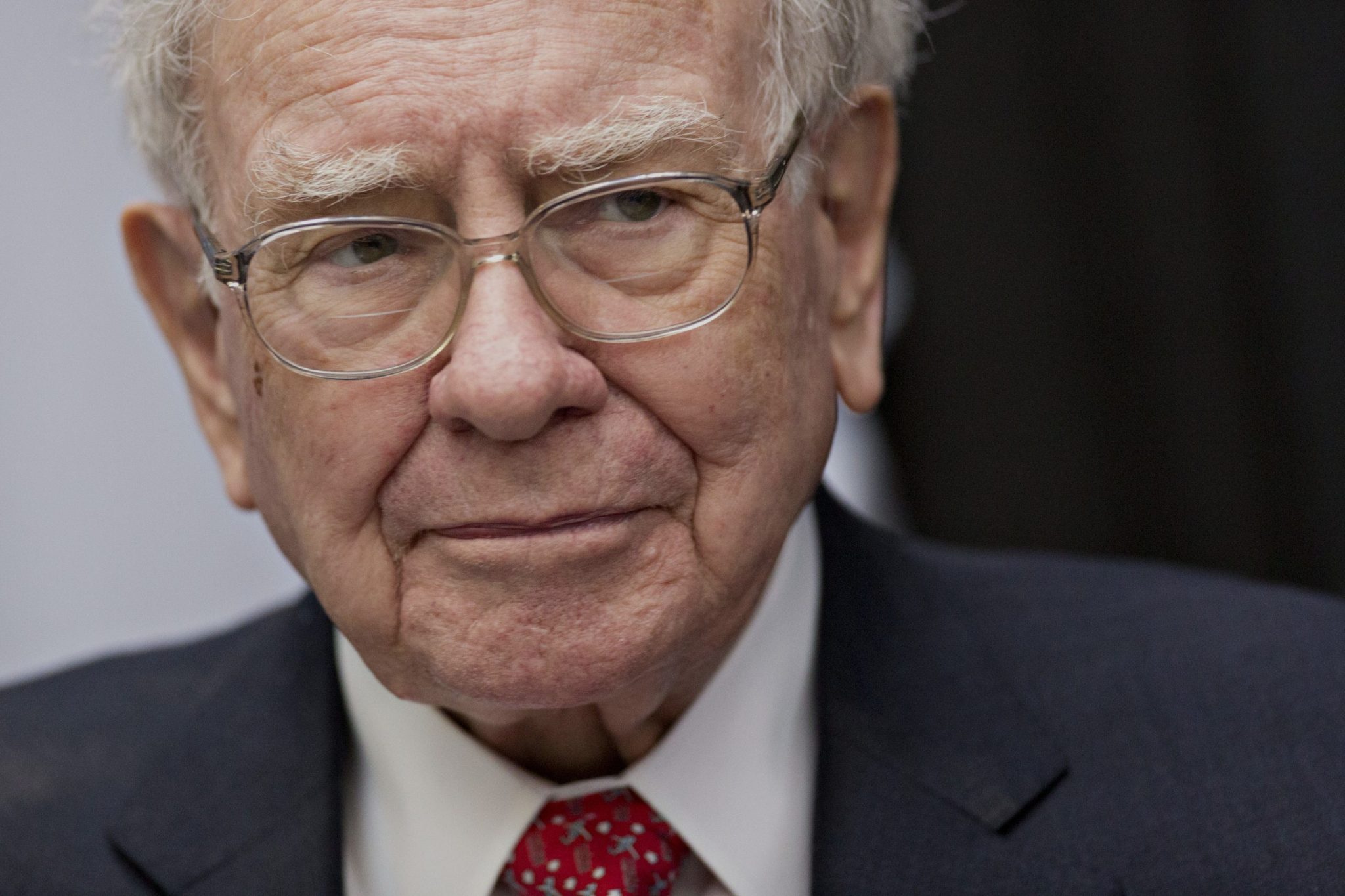With artificial intelligence (AI) transforming nearly every industry, experts and CEOs are sharing insights on how the technology could trigger a new industrial revolution. Jensen Huang, Nvidia’s chief executive, recently highlighted that AI could lead to a global shift toward four-day work weeks.
In an interview, Huang emphasised that AI may make professionals busier than ever, according to foreign media reports. “I have to admit that I’m afraid to say that we are going to be busier in the future than now,” he reportedly said.
AI as productivity multiplier
Huang explained that AI’s true power lies in completing time-intensive tasks almost instantly, freeing up space for innovation. “Most companies have more ideas than we know what to pursue. And so the more productive we are, the more opportunity we get to pursue new ideas,” he said.
He also highlighted that industrial revolutions historically lead to changes in social behaviour, suggesting that “a transition to four-day work weeks” could be one of the outcomes of the AI revolution.
Impact on employment and job transformation
Addressing AI’s effect on employment, Huang offered a cautiously optimistic view. “Some jobs will go away,” he said. “Many jobs will be new and invented. But one thing for sure, every job will be changed as a result of AI.” He added that he believes “life quality will get better, of course, over time.”
Huang also weighed in on geopolitical tensions surrounding chip exports to China, noting, “Having the world build AI on the American tech stack helps America win.”
Evidence from global shorter work week trials
The idea of a shorter work week is gaining traction. Trials in the UK, US, and Canada indicate employees can achieve the same output in 33–34 hours, with productivity rising by up to 24 per cent. Companies reported that burnout halved, staff turnover dropped, and sick days declined.
In the Netherlands, a 32-hour standard week is already common, with employers and employees resistant to any return to longer hours. This trend suggests that Huang’s vision of AI-enabled shorter work weeks may not be far from reality.

 4 hours ago
2
4 hours ago
2


















 English (US) ·
English (US) ·